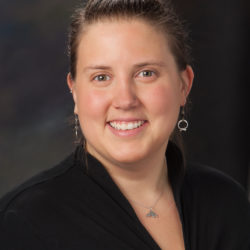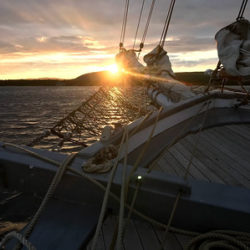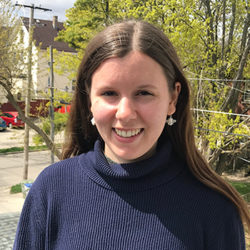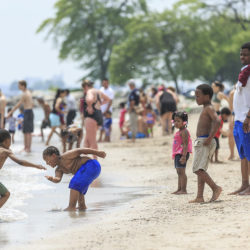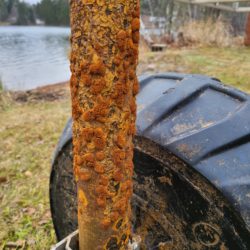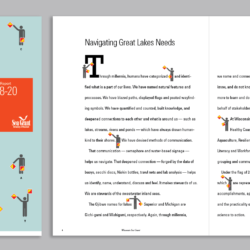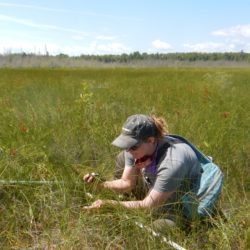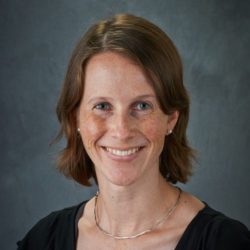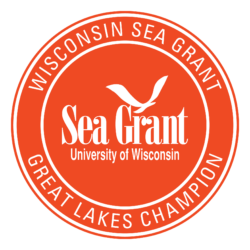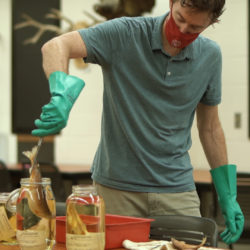Explore the St. Louis River exhibits and animals at the Great Lakes Aquarium
The next River Talk will take place via Zoom at 7 p.m. Wednesday, Feb. 10. Alexis Berke with the Great Lakes Aquarium will present, “A virtual visit: Explore the St. Louis River exhibits and animals at the Great Lakes Aquarium.”



